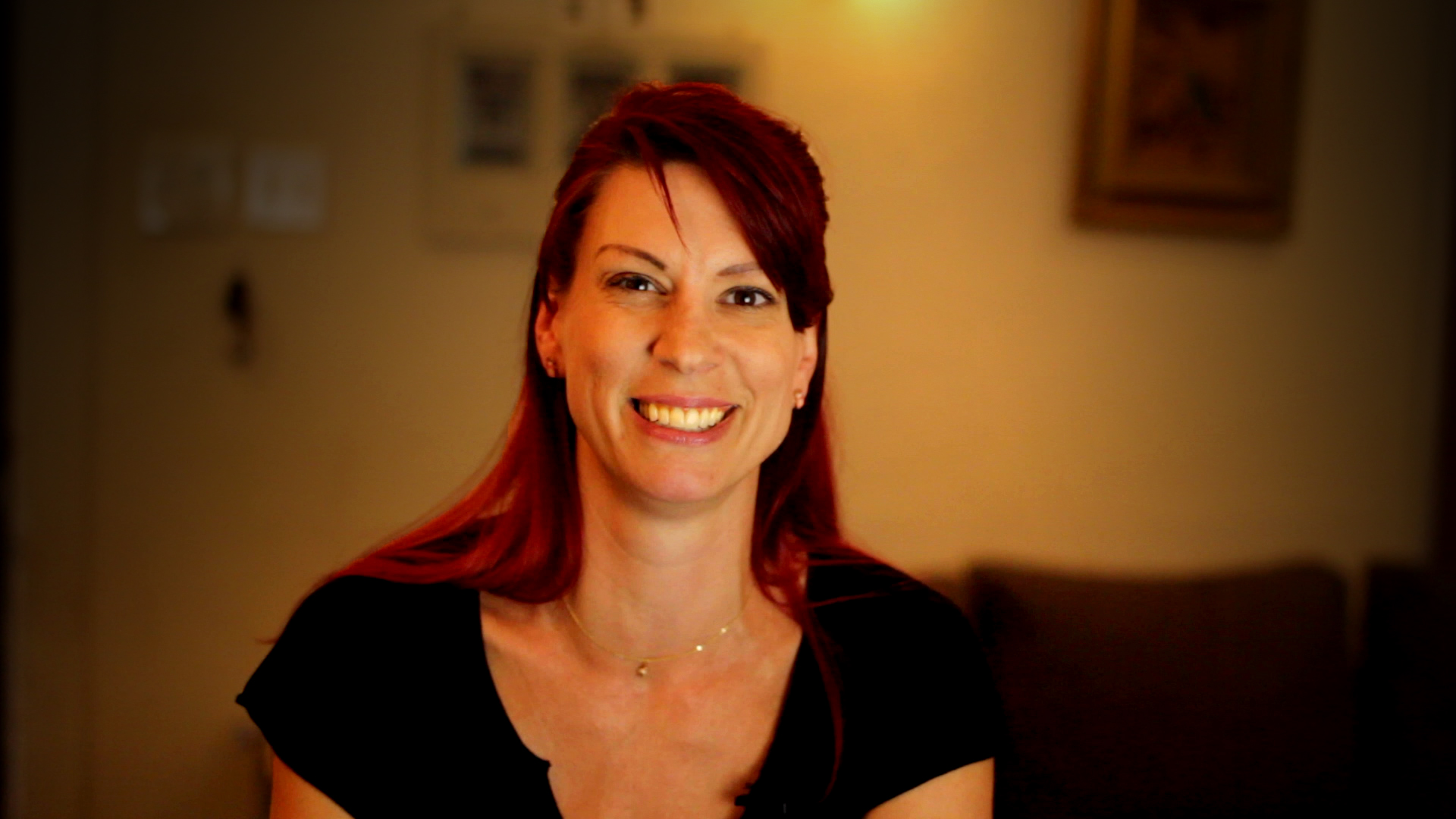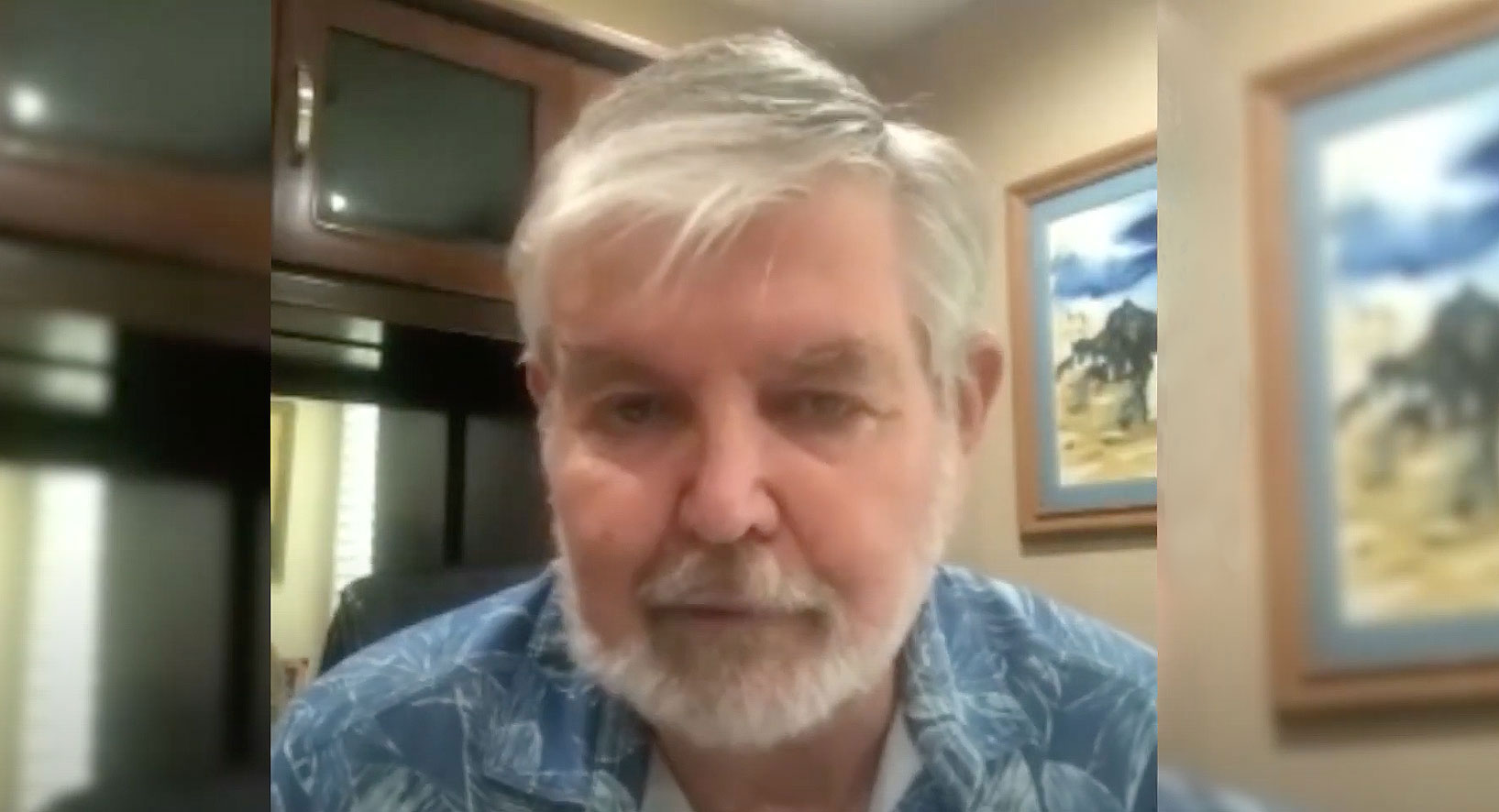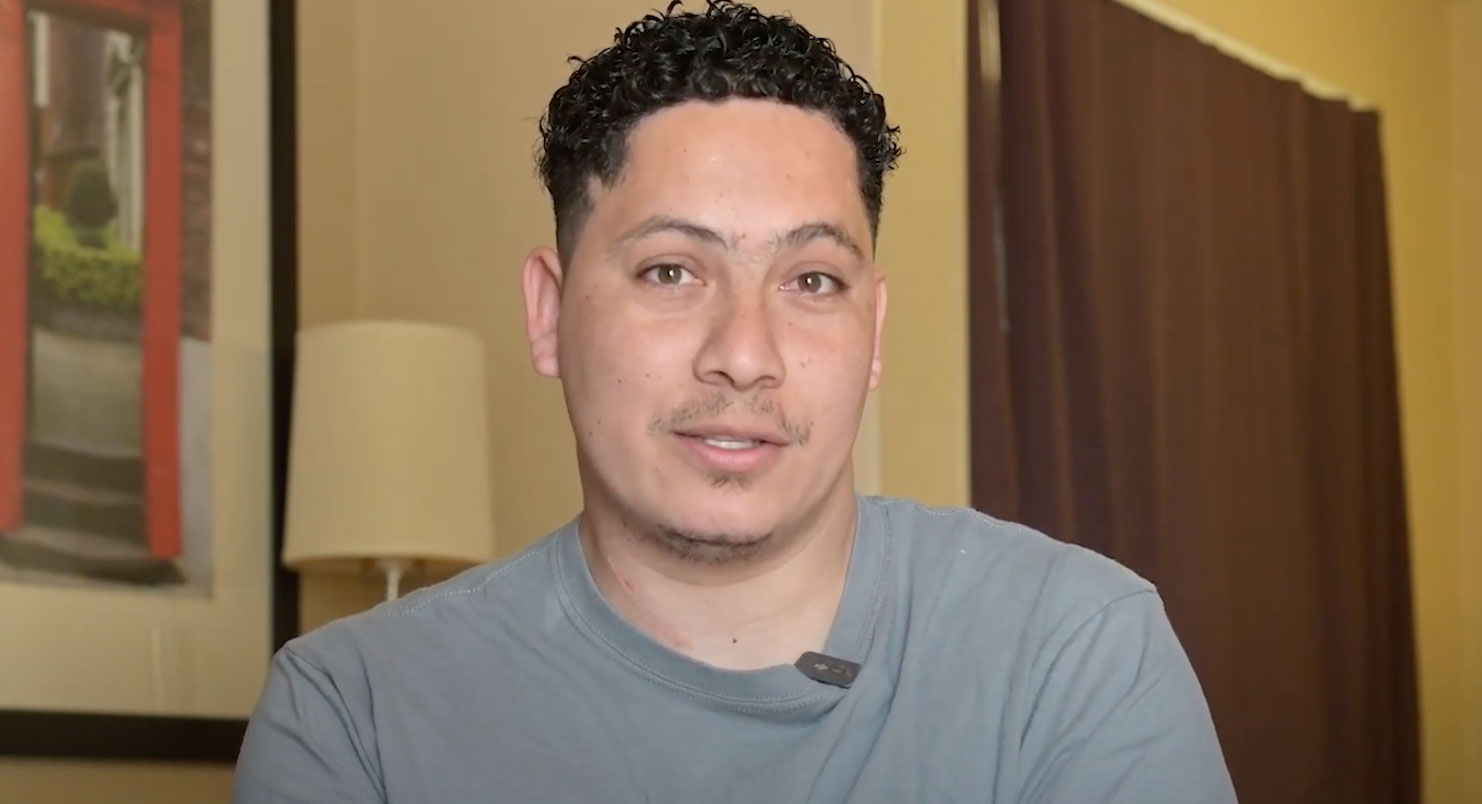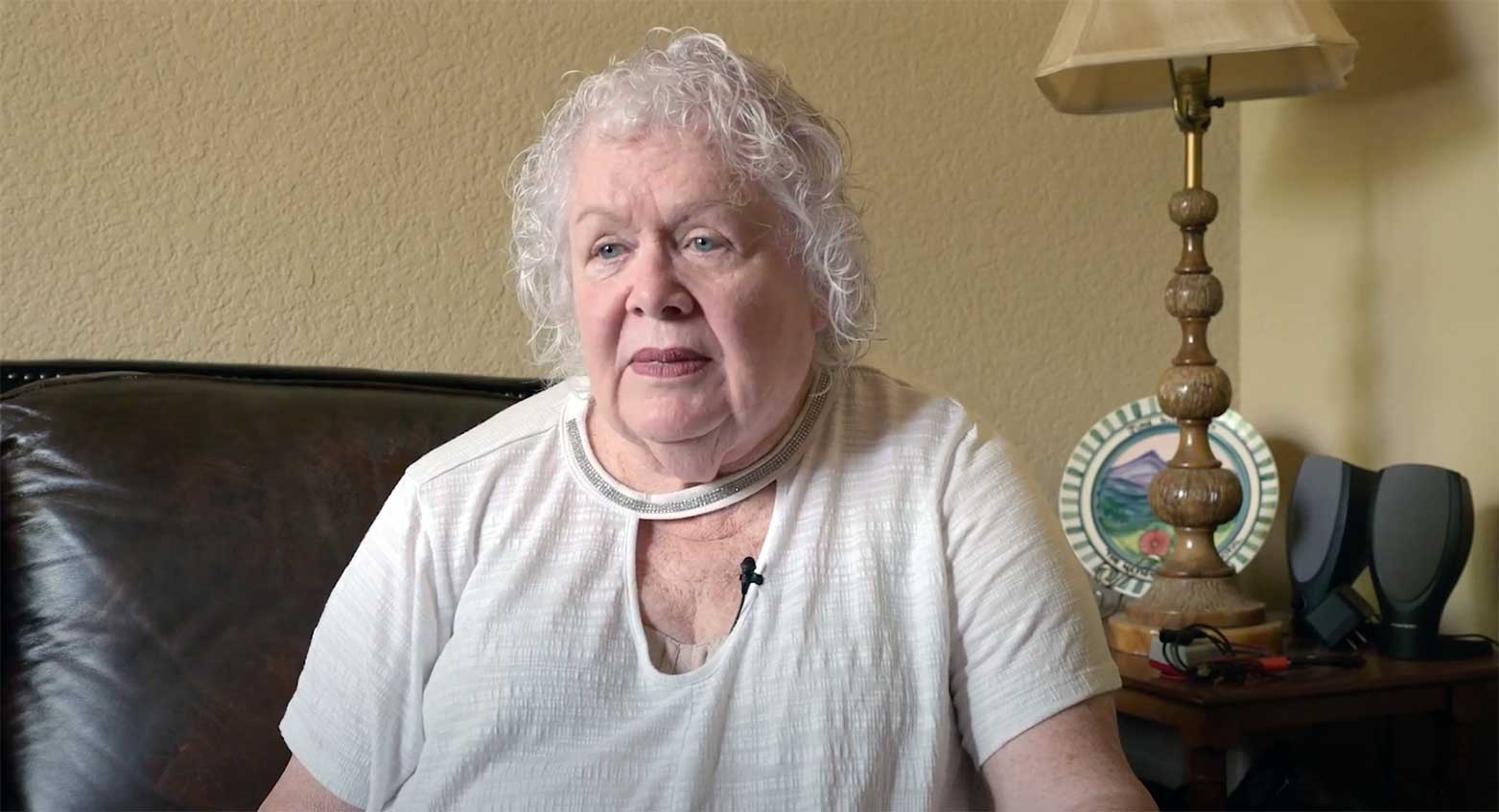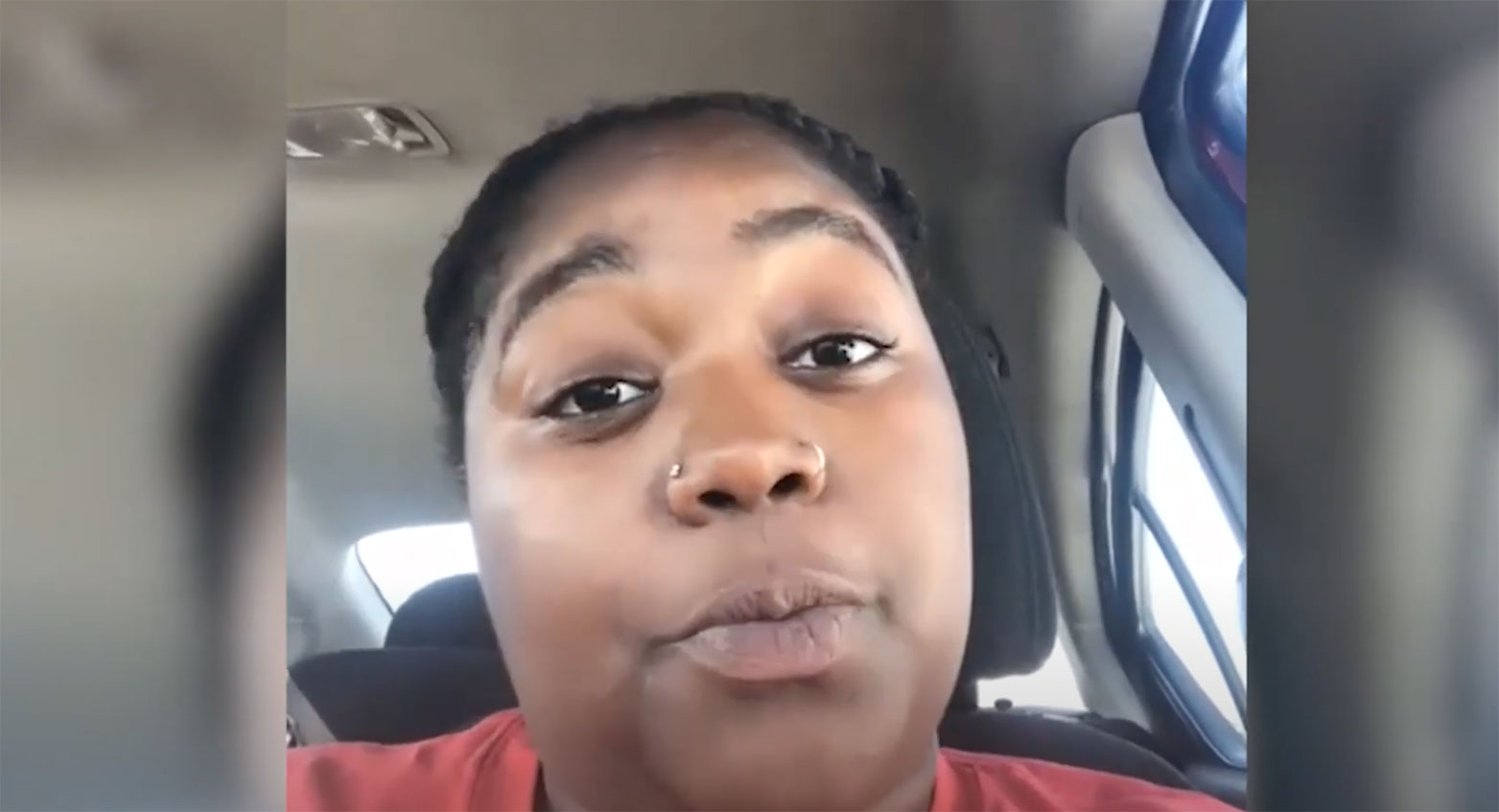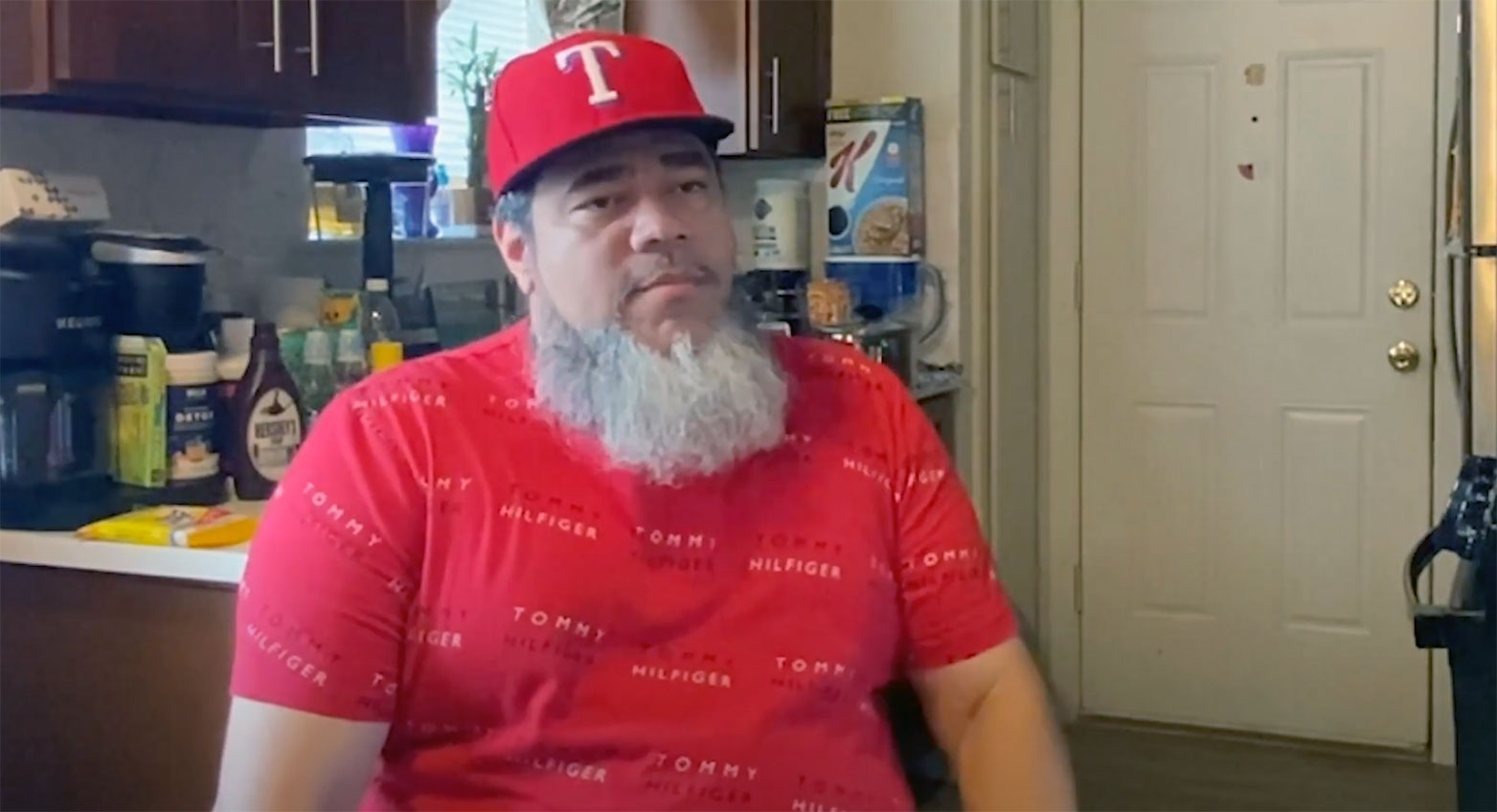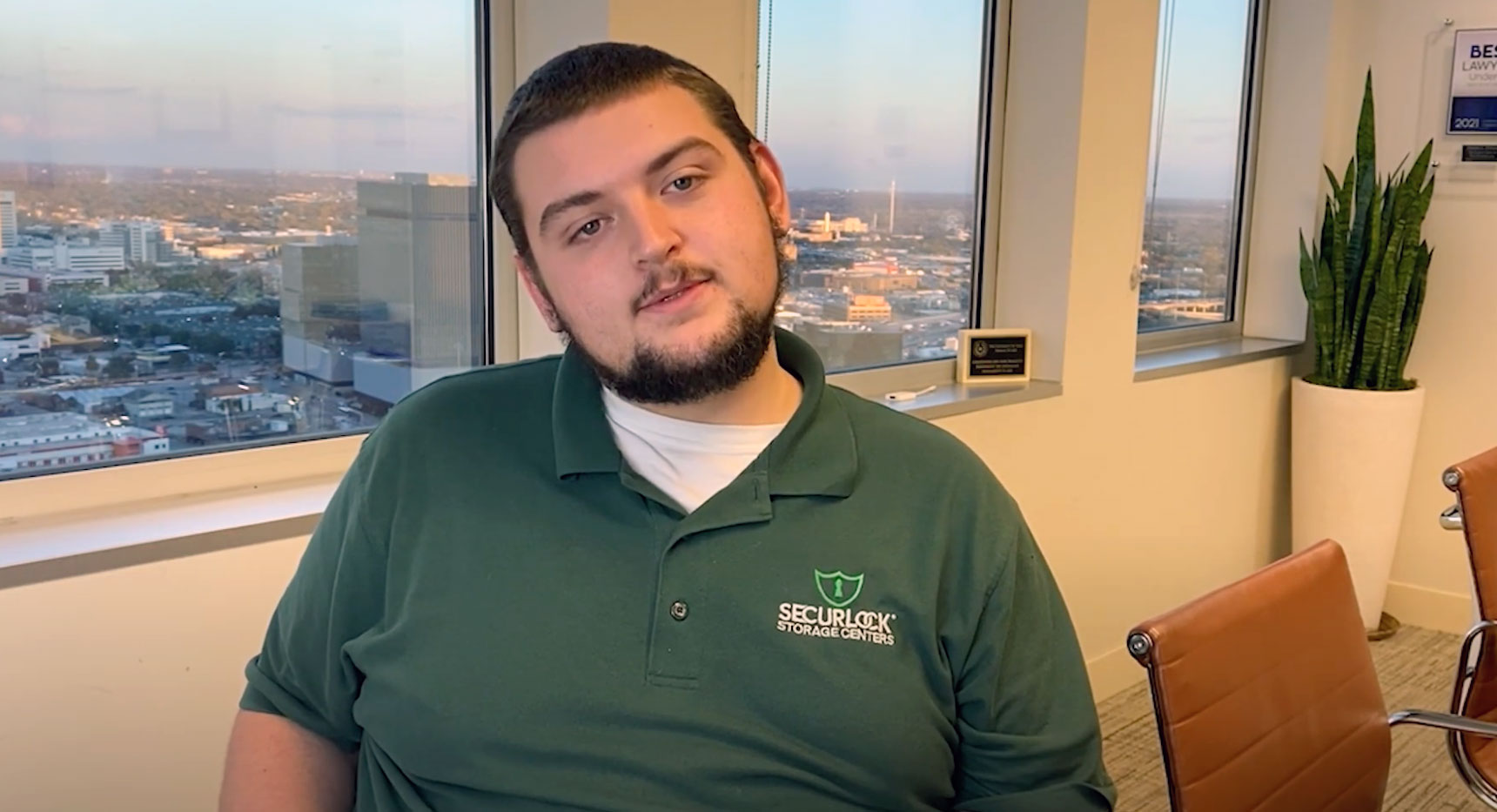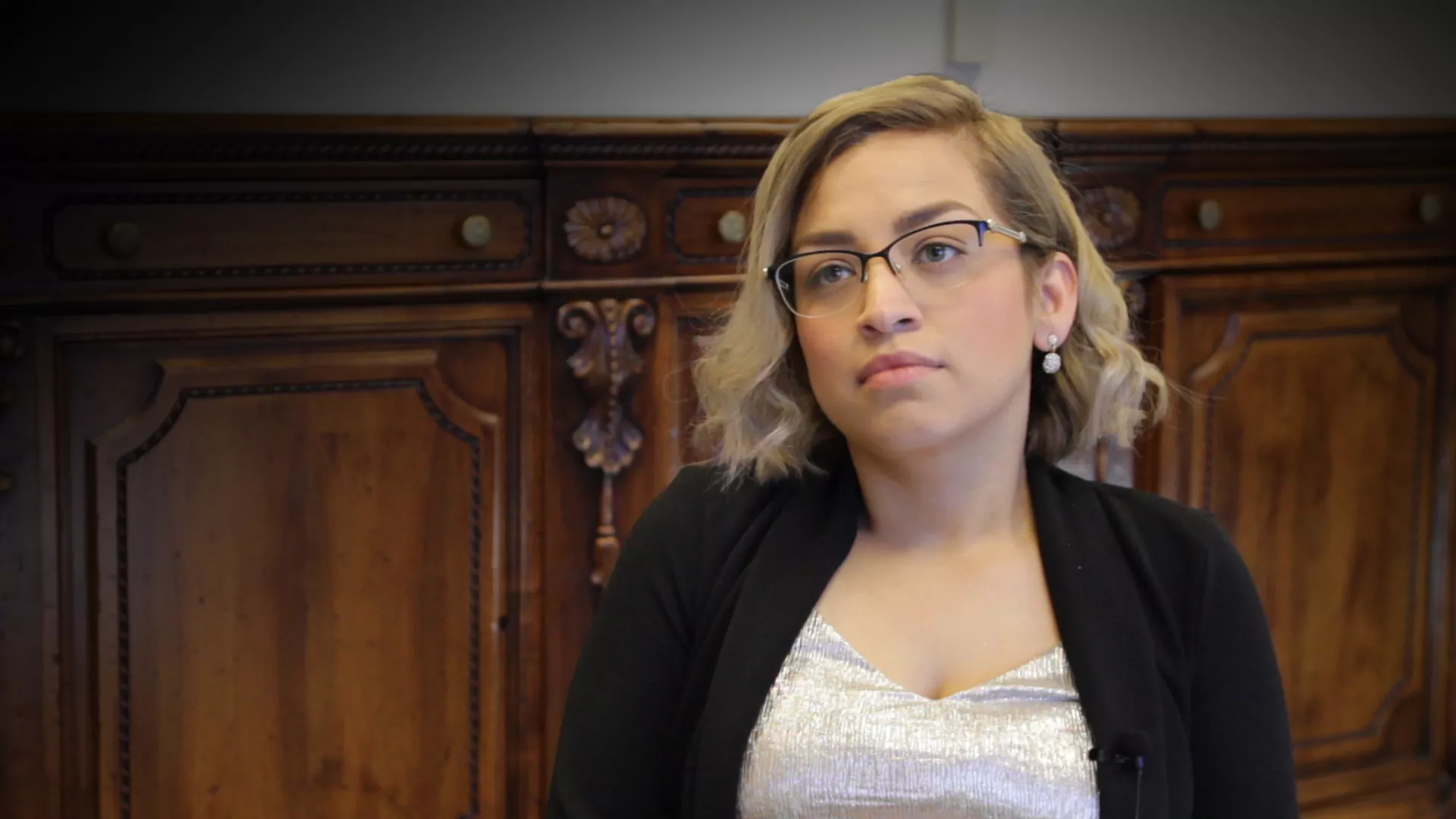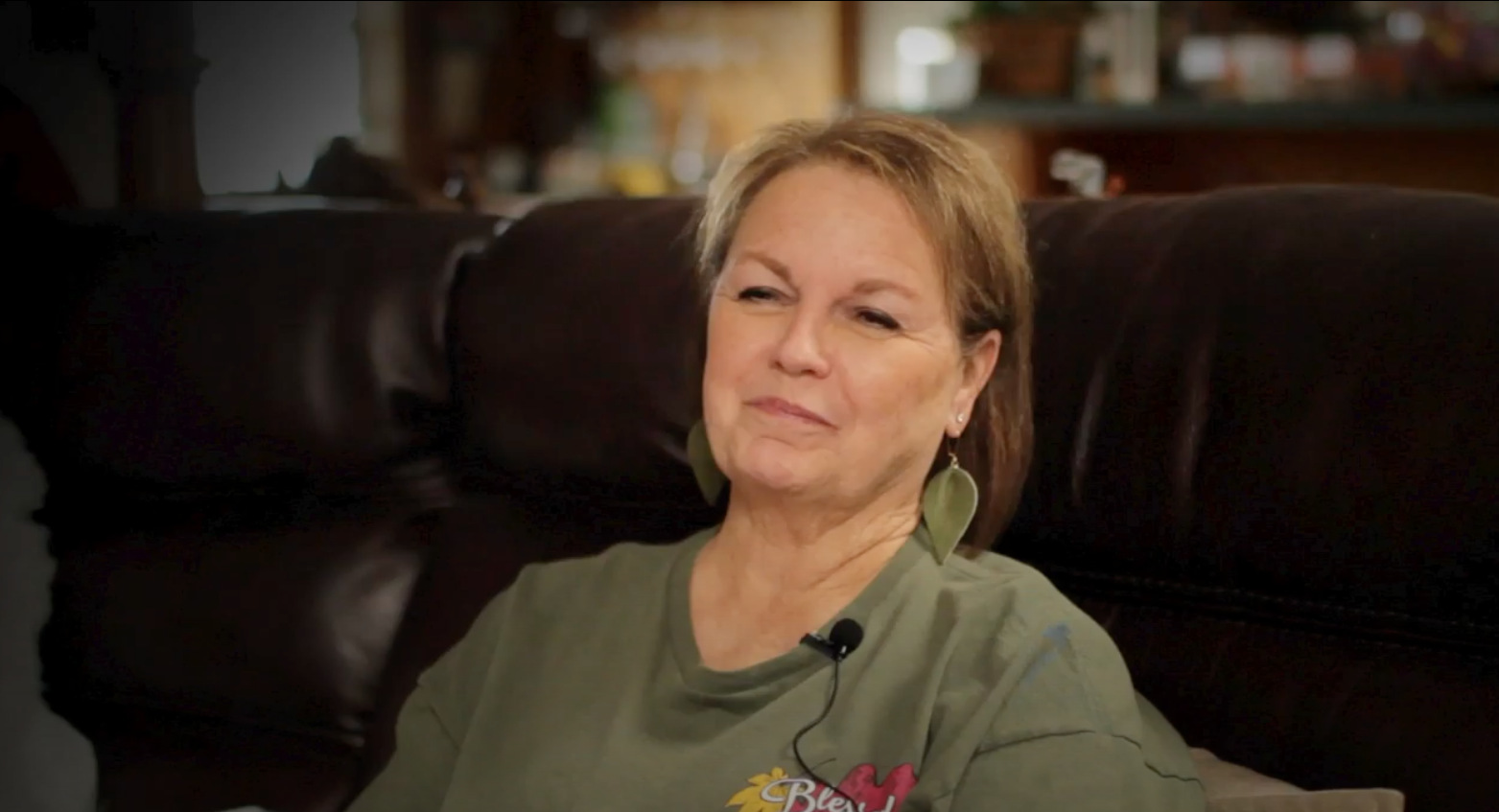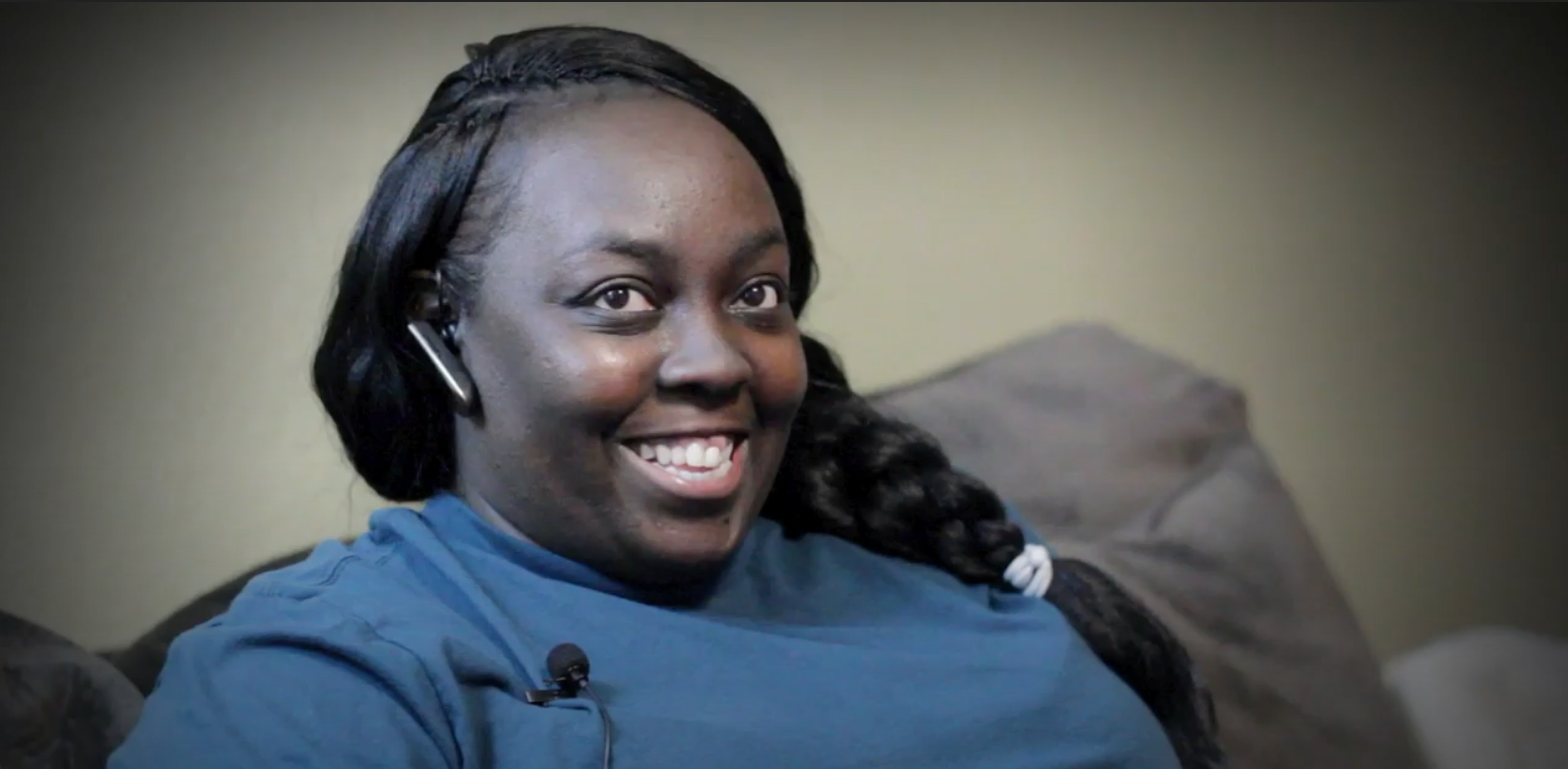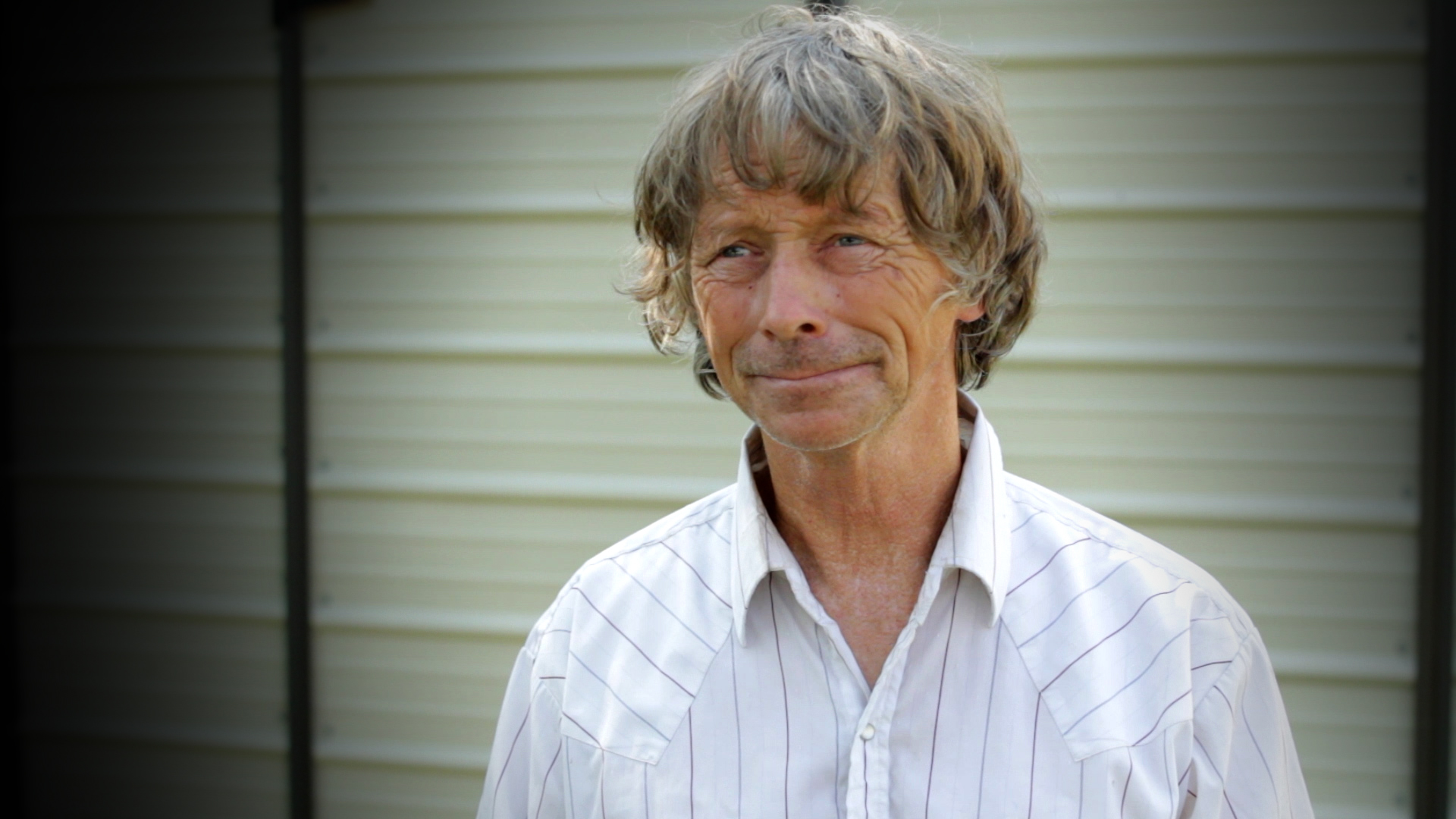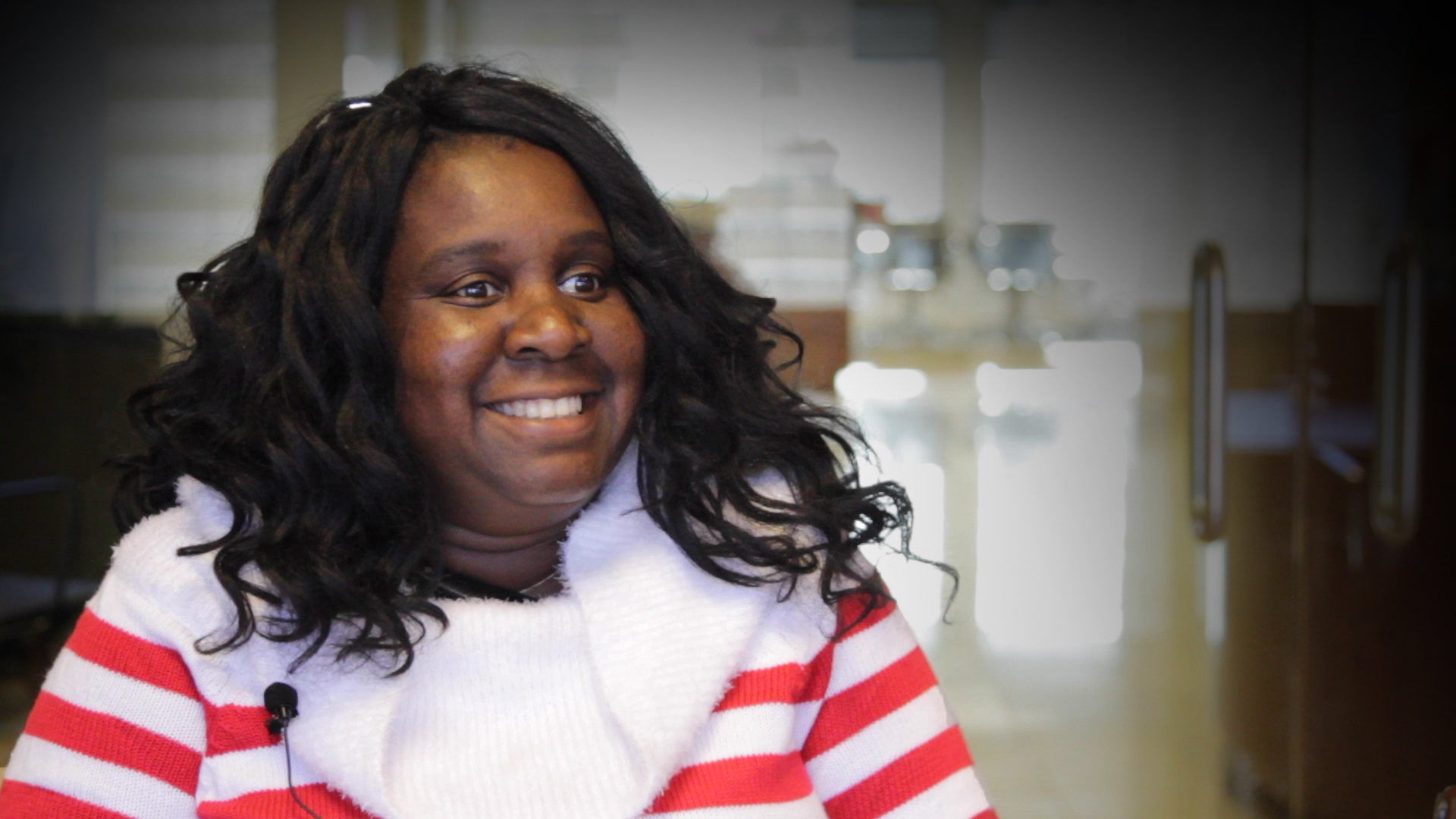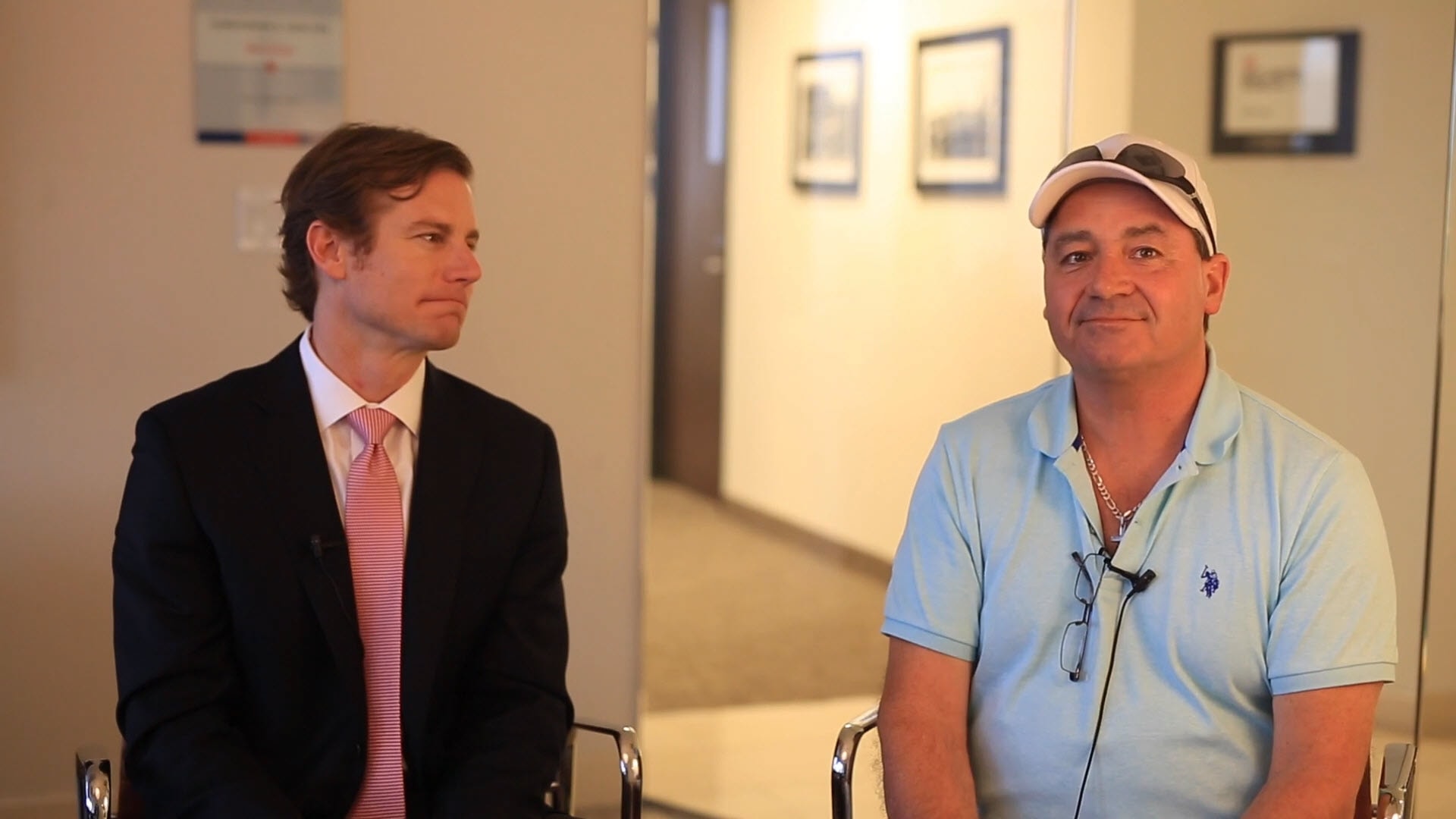
Blame the Victim Defense – How Hamilton Wingo Fights Back
One of the things that we had to fight through, in this case, was the blame the victim strategy by the defendants. Where one of the things that the company is doing is to try to dig up everything they can from your past. And at a point in time when somebody like this is [...]

Blame the Victim Defense – How Hamilton Wingo Fights Back
One of the things that we had to fight through, in this case, was the blame the victim strategy by the defendants. Where one of the things that the company is doing is to try to dig up everything they can from your past. And at a point in time when somebody like this is [...]
One of the things that we had to fight through, in this case, was the blame the victim strategy by the defendants. Where one of the things that the company is doing is to try to dig up everything they can from your past. And at a point in time when somebody like this is really trying to do everything right, the negligence of somebody else turns your whole world upside down.
One of the hardest things that kept us going through the case was seeing how hard Rodney was willing to fight. At the same time that the defendants hold the fence was to say it was our client’s fault for losing his leg.
“You were standing too close to the truck. You have whatever thing in your past that has nothing to do with this case, but we’re going to try to blame you for it and make you look like the bad guy.”
And that’s the sort of thing that just offends me.
And it was something that really motivated us in fighting this case because when a defendant spends so much time blaming a victim for the harm the defendant has caused – what that tells us is this is going to happen again to somebody else if they’re not made to pay for the full amount of the harm they caused.
Rodney shares his experiences with us after we were able to get him the justice he deserved.
Rodney:
I was getting my truck unloaded. I’m a truck driver. And these guys were unloading this 40-foot long rebar and were pulling it off the back of the trailer, and it caught a pallet, and threw it up there on the side of the truck and landed on my leg. On my foot. I ended up going to the hospital, and I was staying there for 11 days. In, in severe pain. I mean unbelievable pain. I didn’t realize how bad the pain was when something was dying from not getting blood flow. And eventually, five weeks later, they had to cut my leg off.
Scary. Um, very distraught. Um, I just didn’t know what I was going to do. And from the time I pulled, they pulled my boot off, and I saw I didn’t have a foot, um, that was the first thing. What am I going to do now? And, um, it’s… that haunted me through the whole time I was in the hospital, and after I got my leg amputated.
Um, and it still haunted me just by what I went with this, this lawsuit through the whole thing not knowing. You know, just not knowing what’s going to happen. Uh, you know, cause them people… I don’t know. I don’t know. But it was… it was terrible.
Chris Hamilton:
Well, Rodney, I remember when we first came to your house. And you were in a pretty low place. Bills piling up. And we saw you just didn’t know what you were going to do, and I remember at that point we really didn’t know what we were going to find on that case. And I think we told you that, but, um… When we met Rodney we just knew we had somebody that we had to fight for and that this guy had been seriously hurt and he was in a bad place. But the one thing I could tell when I met you, Rodney, is that you were a fighter, and you were going to see it through to the end. And that was important for us in taking on this case, because we knew we had somebody that was in a position that they were going to have to go with us all the way to the end on this.
Rodney:
Well, the first thing that comes to my mind is frustrating, because it was like you just every day it was just bringing up memories of what I’ve already gone through. Time, day after day, after day, after day. And it was always just, ah… disheartening I guess. I guess that’s what you call it, because like I say I didn’t know how this case was going to turn out. I mean I know how it should’ve turned out, but you just never know. You never know. Especially when, you know, the defendants… Boy they, they beat you up. Man. So I just didn’t, you know, I just didn’t know… how it was going to turn out.
Chris Hamilton:
One of the things that we had to fight through, in this case, was the blame the victim strategy by the defendants. Where one of the things that the company is doing is to try to dig up everything they can from your past. Things that you’ve served time for or dealt with. Put your life straight. And at a point in time when somebody like this is really trying to do everything right, the negligence of somebody else turns your whole world upside down.
And one of the hardest things that kept us going through the case was seeing how hard Rodney was willing to fight. At the same time that the defendants hold the fence was to say it was your fault for losing your leg.
You were standing too close to the truck. You have whatever thing in your past that has nothing to do with this case, but we’re going to try to blame you for it and make you look like the bad guy. And that’s the sort of thing that just offends me.
And it was something that really motivated us in fighting this case because when a defendant spends so much time blaming a victim for the harm the defendant has caused. What that tells us is this is going to happen again to somebody else if they’re not made to pay for the full amount of the harm they caused.
Chris Hamilton:
How do you feel now?
Rodney:
Oh, I’m happy as a lark (laughs).
Chris Hamilton:
What, what are you going to do next? What have you done so far?
Rodney:
Buy a, buy me a big house that I’ve always dreamed of on some land out in the country, and, um, and started buying some rental houses for my portfolio. Um, and that’s probably what I’m going to be doing. Is just buy and rent houses, and, and be a landlord (laughs).
Chris Hamilton:
How does your future when you wake up in the morning now, how does your future feel to you in terms of your opportunities compared to where you felt a year ago? Two years ago?
Rodney:
Oh, astronomically. I mean, there is no… I mean, now there’s more security, and I just, I just know that everything’s going to be okay. A year ago I didn’t know. A year ago I woke up every day depressed pretty much.
You better screen your attorney’s. I mean you better make sure your attorney is on your side, and that you can trust him 100%. Because if I were to – see that’s why I didn’t turn this case, get this case going right off the bat by hiring a, them other attorney’s. Because I don’t trust them. I didn’t trust them.
And I happened to run in through y’all somehow, and that was the best thing that ever happened (laughs). I mean I trusted y’all from the time y’all come down here. I knew y’all’s going to do a good job, and y’all did. Astronomically a good job.
Chris Hamilton:
It’s been an honor, man.
One of the things that we had to fight through, in this case, was the blame the victim strategy by the defendants. Where one of the things that the company is doing is to try to dig up everything they can from your past. And at a point in time when somebody like this is really trying to do everything right, the negligence of somebody else turns your whole world upside down.
One of the hardest things that kept us going through the case was seeing how hard Rodney was willing to fight. At the same time that the defendants hold the fence was to say it was our client’s fault for losing his leg.
“You were standing too close to the truck. You have whatever thing in your past that has nothing to do with this case, but we’re going to try to blame you for it and make you look like the bad guy.”
And that’s the sort of thing that just offends me.
And it was something that really motivated us in fighting this case because when a defendant spends so much time blaming a victim for the harm the defendant has caused – what that tells us is this is going to happen again to somebody else if they’re not made to pay for the full amount of the harm they caused.
Rodney shares his experiences with us after we were able to get him the justice he deserved.
Rodney:
I was getting my truck unloaded. I’m a truck driver. And these guys were unloading this 40-foot long rebar and were pulling it off the back of the trailer, and it caught a pallet, and threw it up there on the side of the truck and landed on my leg. On my foot. I ended up going to the hospital, and I was staying there for 11 days. In, in severe pain. I mean unbelievable pain. I didn’t realize how bad the pain was when something was dying from not getting blood flow. And eventually, five weeks later, they had to cut my leg off.
Scary. Um, very distraught. Um, I just didn’t know what I was going to do. And from the time I pulled, they pulled my boot off, and I saw I didn’t have a foot, um, that was the first thing. What am I going to do now? And, um, it’s… that haunted me through the whole time I was in the hospital, and after I got my leg amputated.
Um, and it still haunted me just by what I went with this, this lawsuit through the whole thing not knowing. You know, just not knowing what’s going to happen. Uh, you know, cause them people… I don’t know. I don’t know. But it was… it was terrible.
Chris Hamilton:
Well, Rodney, I remember when we first came to your house. And you were in a pretty low place. Bills piling up. And we saw you just didn’t know what you were going to do, and I remember at that point we really didn’t know what we were going to find on that case. And I think we told you that, but, um… When we met Rodney we just knew we had somebody that we had to fight for and that this guy had been seriously hurt and he was in a bad place. But the one thing I could tell when I met you, Rodney, is that you were a fighter, and you were going to see it through to the end. And that was important for us in taking on this case, because we knew we had somebody that was in a position that they were going to have to go with us all the way to the end on this.
Rodney:
Well, the first thing that comes to my mind is frustrating, because it was like you just every day it was just bringing up memories of what I’ve already gone through. Time, day after day, after day, after day. And it was always just, ah… disheartening I guess. I guess that’s what you call it, because like I say I didn’t know how this case was going to turn out. I mean I know how it should’ve turned out, but you just never know. You never know. Especially when, you know, the defendants… Boy they, they beat you up. Man. So I just didn’t, you know, I just didn’t know… how it was going to turn out.
Chris Hamilton:
One of the things that we had to fight through, in this case, was the blame the victim strategy by the defendants. Where one of the things that the company is doing is to try to dig up everything they can from your past. Things that you’ve served time for or dealt with. Put your life straight. And at a point in time when somebody like this is really trying to do everything right, the negligence of somebody else turns your whole world upside down.
And one of the hardest things that kept us going through the case was seeing how hard Rodney was willing to fight. At the same time that the defendants hold the fence was to say it was your fault for losing your leg.
You were standing too close to the truck. You have whatever thing in your past that has nothing to do with this case, but we’re going to try to blame you for it and make you look like the bad guy. And that’s the sort of thing that just offends me.
And it was something that really motivated us in fighting this case because when a defendant spends so much time blaming a victim for the harm the defendant has caused. What that tells us is this is going to happen again to somebody else if they’re not made to pay for the full amount of the harm they caused.
Chris Hamilton:
How do you feel now?
Rodney:
Oh, I’m happy as a lark (laughs).
Chris Hamilton:
What, what are you going to do next? What have you done so far?
Rodney:
Buy a, buy me a big house that I’ve always dreamed of on some land out in the country, and, um, and started buying some rental houses for my portfolio. Um, and that’s probably what I’m going to be doing. Is just buy and rent houses, and, and be a landlord (laughs).
Chris Hamilton:
How does your future when you wake up in the morning now, how does your future feel to you in terms of your opportunities compared to where you felt a year ago? Two years ago?
Rodney:
Oh, astronomically. I mean, there is no… I mean, now there’s more security, and I just, I just know that everything’s going to be okay. A year ago I didn’t know. A year ago I woke up every day depressed pretty much.
You better screen your attorney’s. I mean you better make sure your attorney is on your side, and that you can trust him 100%. Because if I were to – see that’s why I didn’t turn this case, get this case going right off the bat by hiring a, them other attorney’s. Because I don’t trust them. I didn’t trust them.
And I happened to run in through y’all somehow, and that was the best thing that ever happened (laughs). I mean I trusted y’all from the time y’all come down here. I knew y’all’s going to do a good job, and y’all did. Astronomically a good job.
Chris Hamilton:
It’s been an honor, man.

